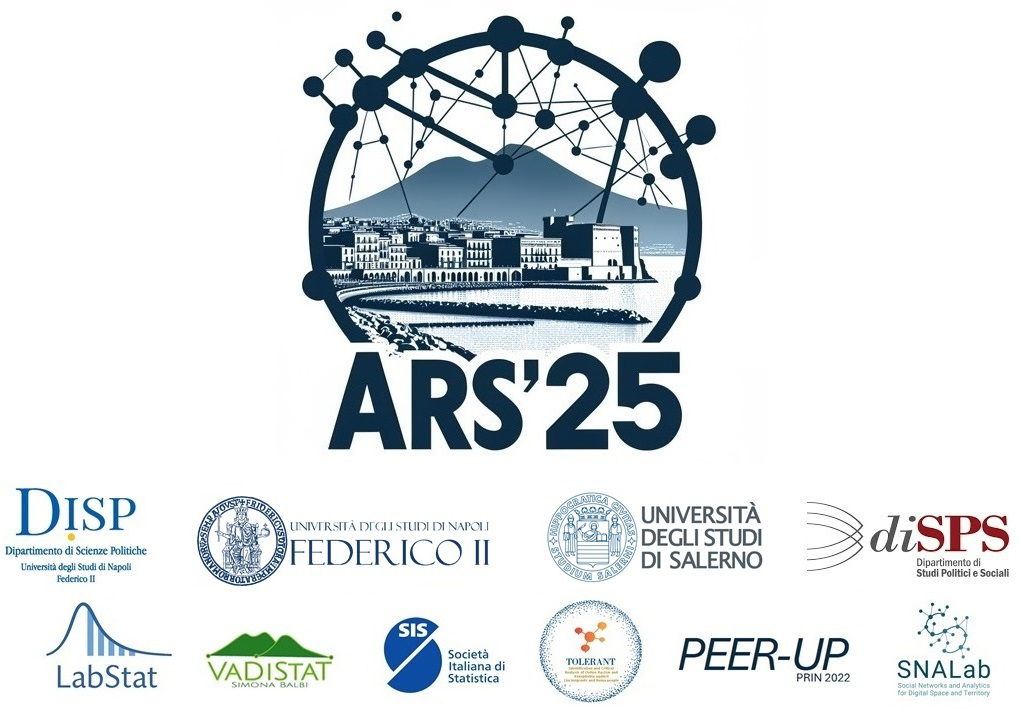Speaker
Description
What determines a song's success at the Eurovision Song Contest? Is it driven by individual taste, geopolitical alliances, or do shared musical structures shape audience preferences? This work uses the Eurovision Song Contest as a natural laboratory to explore the complex interdependencies between music, culture, and politics through the lens of Network Analysis.
Using a purpose-built dataset, we construct two types of networks: undirected similarity networks connecting songs based on musical, lyrical, and performative features, and bipartite networks linking voting countries to the songs they voted for. We apply centrality measures and clustering algorithms to uncover structural patterns within these networks. Our findings reveal that winning entries are often not the most central in the similarity networks. Instead, they tend to occupy peripheral positions, distinguishing themselves through unconventional features. At the same time, recurring characteristics emerge among highly voted songs: the use of English lyrics, minor keys, medium-to-high tempo (BPM), and strong visual performances. Furthermore, we detect unexpected voting affinities between countries with limited historical or cultural ties.
This work illustrates how network-based approaches can uncover latent structures in cultural phenomena, offering an original perspective on collective behavior, aesthetic preferences, and strategic alliances in an international contest.
Keywords/Topics
Bipartite Networks, Undirected Networks, Lyrics, Geopolitics

